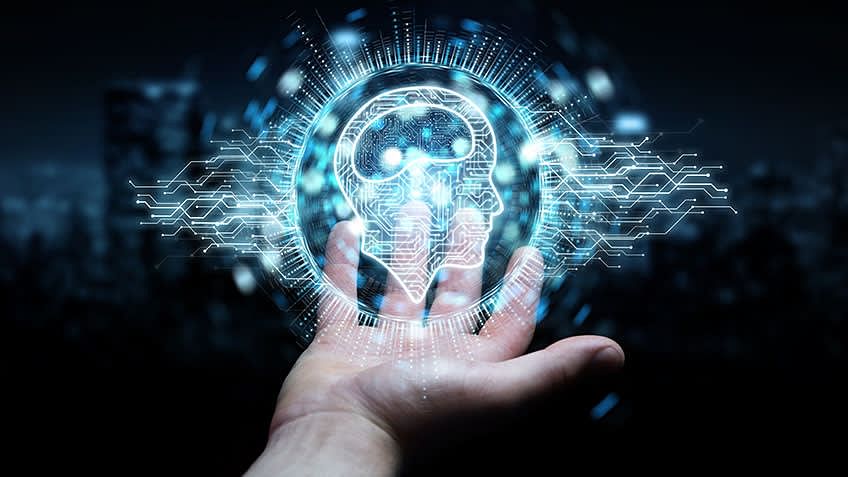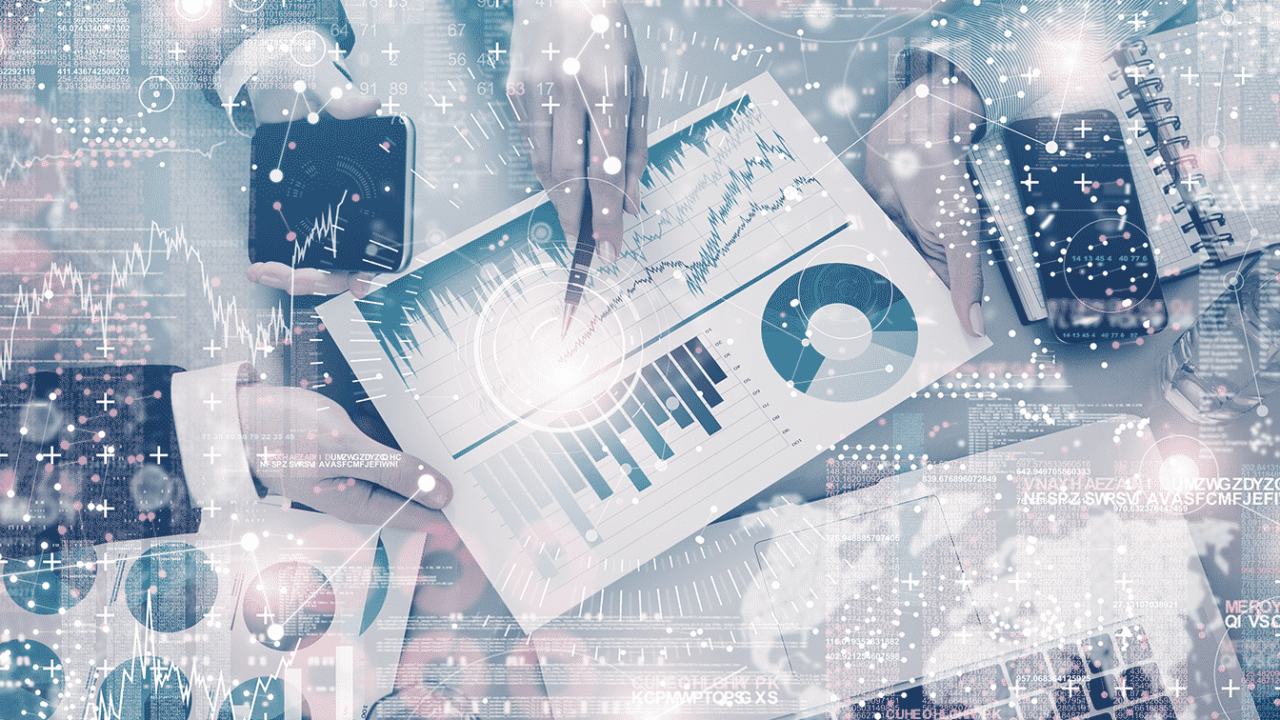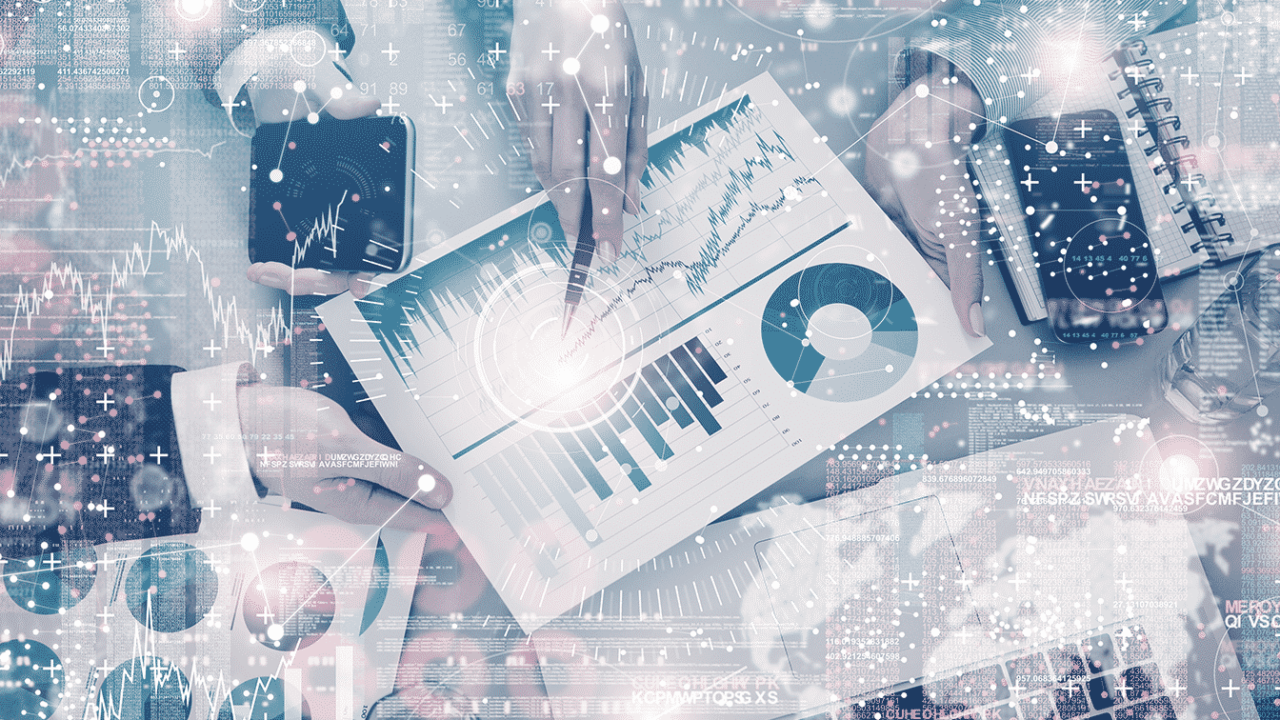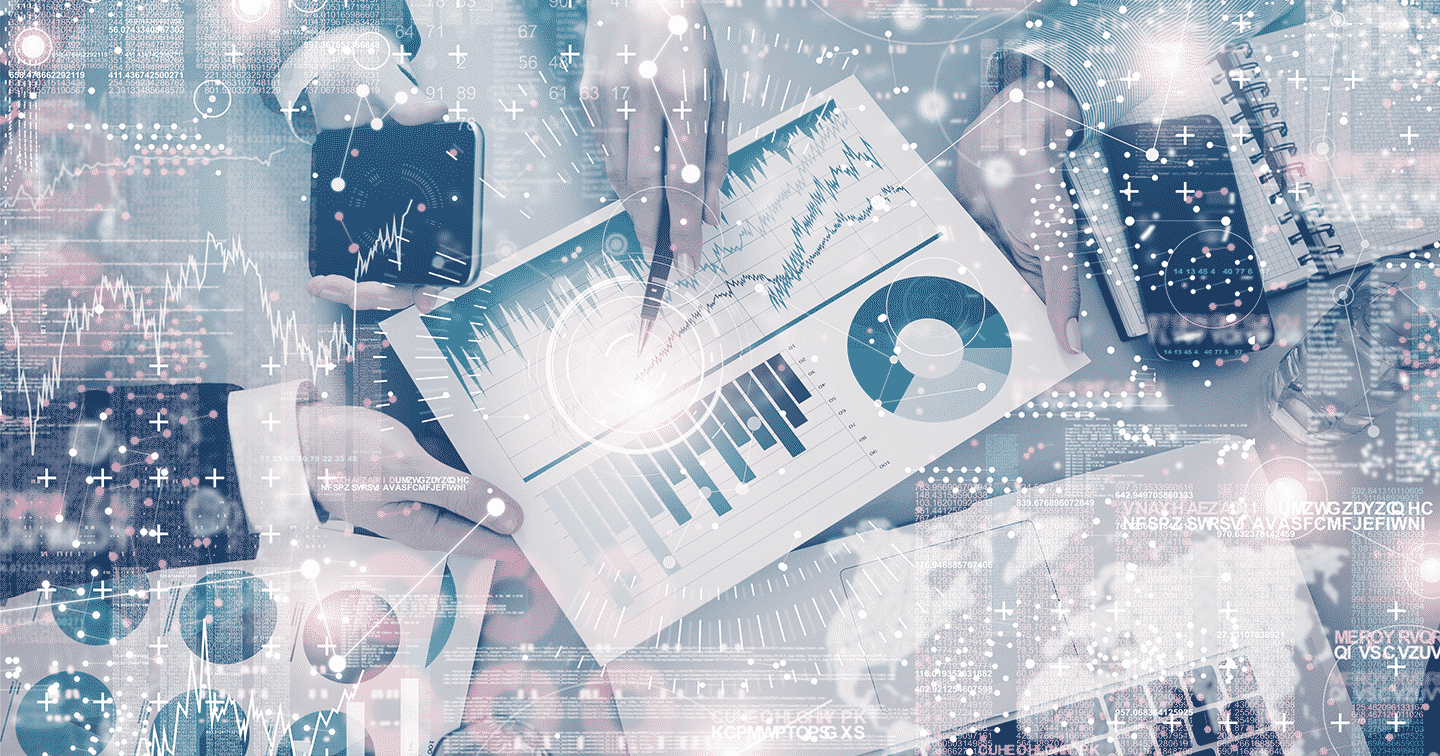Artificial Intelligence (AI) has emerged as a transformative force that is reshaping industries and societies alike. As we delve into the future, the possibilities and challenges presented by AI are both awe-inspiring and thought-provoking.
Possibilities of AI:
A. Healthcare Revolution:
AI is poised to revolutionize healthcare by enhancing diagnostics, drug discovery, and personalized medicine. Machine learning algorithms can analyze vast datasets to identify patterns and predict diseases at an early stage, leading to more effective treatments and improved patient outcomes.
B. Autonomous Vehicles:
The future of transportation is intrinsically tied to AI, with the development of autonomous vehicles at the forefront. AI-powered systems can navigate through complex environments, interpret real-time data, and make split-second decisions, potentially reducing accidents and revolutionizing the way we travel.
C. Personalized Learning:
In the realm of education, AI has the potential to revolutionize the learning experience. Adaptive learning platforms can tailor educational content to individual needs, providing a personalized learning journey for students. This not only enhances understanding but also accelerates the learning process.
D. Smart Cities:
AI is a key player in the development of smart cities. Intelligent systems can optimize energy usage, enhance public safety through predictive policing, and streamline transportation systems, creating more sustainable and efficient urban environments.
Challenges of AI:
A. Ethical Dilemmas:
As AI becomes more sophisticated, ethical considerations become paramount. Issues such as bias in algorithms, data privacy, and the potential misuse of AI raise significant concerns. Striking a balance between technological advancement and ethical responsibility is a pressing challenge for the future.
B. Job Displacement:
The rise of automation driven by AI has sparked concerns about job displacement. While AI creates new job opportunities, it also threatens certain traditional roles. Navigating this transition will require proactive efforts in retraining the workforce and fostering new skill sets.
C. Security Risks:
As AI systems become more prevalent, they also become attractive targets for cyberattacks. Ensuring the security of AI applications and preventing malicious use of AI technology are critical challenges that must be addressed to safeguard against potential threats.
D. Accountability and Transparency:
The opacity of some AI algorithms poses challenges in establishing accountability and transparency. Understanding how AI arrives at certain decisions is crucial, especially in critical domains such as healthcare and criminal justice, where the stakes are high.
Striking a Balance:
As we navigate the future of AI, it is essential to strike a balance between embracing the possibilities and addressing the challenges. Collaborative efforts from governments, industry leaders, and the academic community are crucial in establishing frameworks that ensure responsible development and deployment of AI technologies.
In conclusion, the future of AI holds immense promise, but it is not without its complexities. By proactively addressing the challenges and leveraging the possibilities responsibly, we can shape a future where AI contributes positively to the advancement of humanity.





